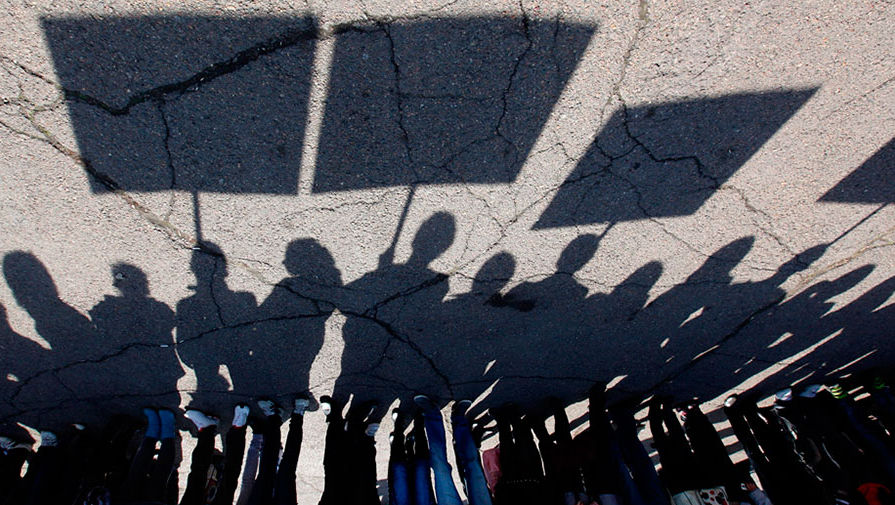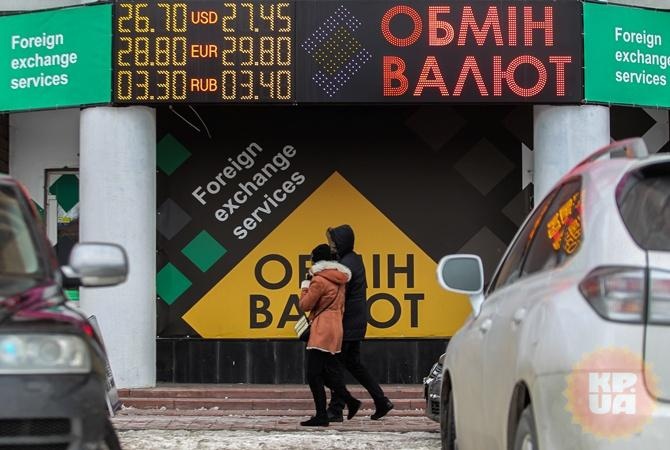Playing to his base, US President Donald Trump is seeking to impose restrictions on immigration and imports; but that will only accelerate the rise of robots, changing not only American society but betraying those who support him and undermining authoritarian regimes around the world, according to Vitaly Portnikov.

Trump understands perfectly the fears and aspirations of “not only ‘the little American’ but also ‘the little man’ in general,” the Ukrainian commentator writes. That man “wants to live in his accustomed world where there are jobs, where the state defends his interests” and where “one needn’t think” about other countries.
The problem for these “little men” and for Trump is that such a world is no longer in existence. It can’t be brought back by restricting immigration or protectionism. Indeed, those things will, history shows, only accelerate the search for technological innovations designed to reduce costs by cutting the number of workers needed to produce things.
And consequently what he is doing with much publicity will have exactly the opposite effect that he says it will in the US and elsewhere as well.
Much the same thing happened two centuries ago when the Luddites attacked new machines because they were taking jobs away from them only to see the rise of even more advanced machines that took ever more jobs away over time. People adapted then, the Ukrainian commentator says, and they will have to adapt again, invariably a difficult process.
Many say that Trump was elected by workers from the American “rust belt.” What they don’t recognize is that very soon, “the entire rest of the world will be ‘a rust belt’ too.” Moreover, they do not see that what Trump is doing will accelerate that process–not slow it down, as he promises.
The new American president is a supporter of the shale oil revolution and opposes any restrictions on its use by American oil companies. That revolution of course was “the fruit of American technical genius, but at the same time, it puts an end to the model of ‘the petro-states’ and to those who rely only on the export of other raw materials.
Among those who are going to suffer most from the end of this model are not only Russia but also the oil states of the Persian Gulf and Iran, Portnikov says. And that makes Trump’s focus on Israel fully justified because Israel has achieved its success by innovation rather than by rents.
That is all obvious, Portnikov says, but the consequences of Trump’s approach and the acceleration of robotics is going to hit China as well, whose political system may not survive the rise of popular anger generated by the robotic revolution. And they are also going to have an impact on Europe and the United Kingdom.
And Portnikov concludes that there is only one certainty if that tragedy happens: The world that would emerge “would not be the world people who voted for Donald Trump” thought they were going to get.
Related:
- A Trump-Putin deal on Crimea could trigger a much bigger war, Israeli analyst says
- What Putin got and what Trump gave up in their phone call
- Putin wants a deal with Trump because his resources are running out, Borovoy says
- Even if Trump and Putin make a deal, Ukrainians ready to fight to defend their country, Kyiv experts say








